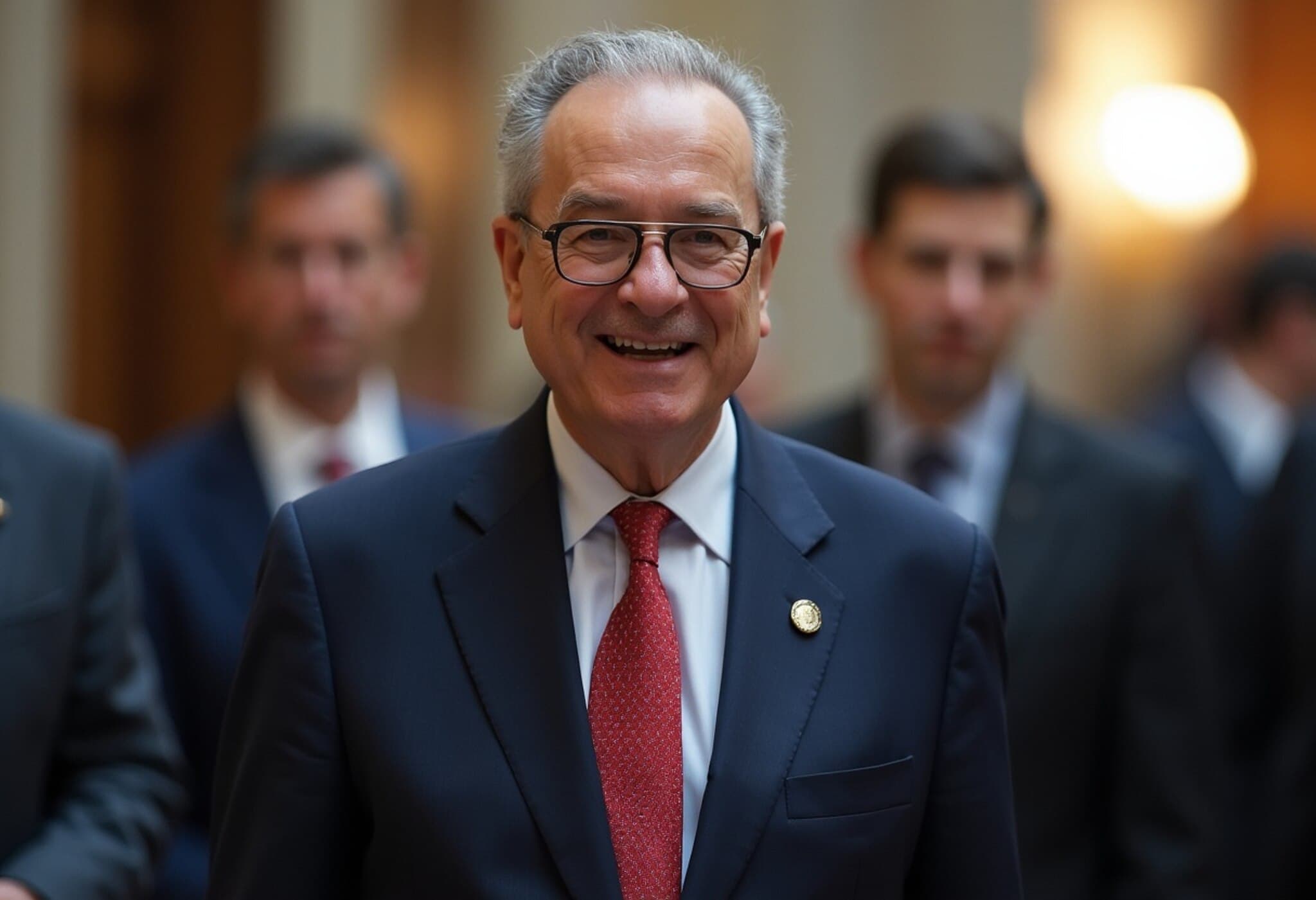MPs Divided on Advertising Ban for Assisted Dying Services
The debate over assisted dying in the UK has entered a new, contentious chapter as lawmakers consider whether to ban advertisements promoting assisted dying services. The issue has sparked heated discussions among Members of Parliament, public demonstrators, and advocacy groups alike.
Background: The Assisted Dying Bill
The Terminally Ill Adults (End of Life) Bill proposes to legalize assisted suicide in England and Wales for adults diagnosed with an incurable illness and who have a life expectancy of less than six months. These individuals would need to be capable of self-administering the lethal substance.
Last November, the bill secured significant parliamentary support, passing by a vote of 330 to 275. However, the legislation remains in progress, currently at the report stage, where further amendments and debates are underway.
Calls to Ban Advertisements
MP Kim Leadbeater, the bill’s sponsor, introduced an amendment calling for government regulations to prohibit adverts promoting assisted dying services. Her primary concern is to prevent potentially exploitative marketing practices targeting vulnerable populations.
Conversely, some MPs argue that the proposed ban might be ineffective. Paul Waugh, advocating for a stricter amendment, cautioned that without clearly defined exceptions, the ban could be rendered meaningless. Highlighting how susceptible people are to advertising—especially the elderly, who regularly receive promotions for care homes and medical aids—he questioned the balance between genuine public information and persuasive advertising.
The Complexity of Regulating Assisted Dying Ads
The debate underscores the difficulty in distinguishing prohibited advertising from legitimate awareness campaigns. Proponents of a ban stress protecting vulnerable individuals from undue influence. Opponents counter that some informational campaigns serve a vital role in educating patients and families about legal rights and options.
Divided Opinions Among Lawmakers and Medical Professionals
The bill has stirred a spectrum of responses beyond Parliament. Advocacy groups like Dignity in Dying celebrate the bill as a historic advancement in end-of-life choice, while opposition groups such as Christian Concern warn it endangers vulnerable people.
Similarly, medical bodies remain split. Both the Royal College of Physicians and Royal College of Psychiatrists have expressed reservations over the safeguards proposed. Yet, a contingent of seven psychiatrists publicly distanced themselves from their college, backing the bill as a compassionate and practical solution.
Next Steps for the Bill
MPs will decisively shape the bill’s trajectory during its upcoming third reading, after which it must pass the House of Lords. As a private members’ bill—not government legislation—it faces a less certain future. Nonetheless, Prime Minister Keir Starmer voted in favor during the earlier reading, signaling some official support.
Changing Landscape of Assisted Dying Laws
If enacted, the UK would join several European nations that permit assisted dying under strict conditions. This shift reflects growing global conversations about autonomy, dignity, and compassionate care at the end of life.
As the parliamentary process unfolds, the debate over advertising reflects wider concerns about how society communicates such sensitive choices without compromising ethics or protection.













